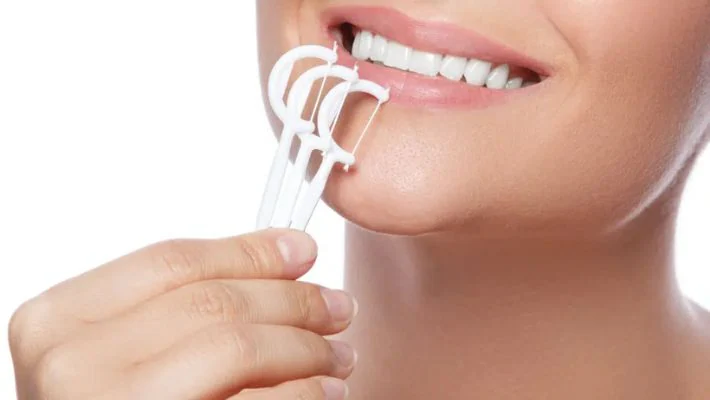
Dental Revolution In Japan: New Drug May Help Humans Grow A Third Set Of Teeth By 2030
Dr Katsu Takahashi and his team at the Medical Research Institute of Kitano Hospital in Osaka have been investigating the genetic mechanisms behind tooth formation.“The idea of growing new teeth is every dentist's dream,” he told Japanese newspaper Mainichi.“We're hoping to see a time when tooth regrowth medicine is a third choice alongside dentures and implants,” he added.
How many sets of teeth are there in humans?Humans naturally develop two sets of teeth during their lifetime. The first set, known as primary teeth (or deciduous/baby teeth), typically consists of 20 teeth that begin to emerge around six months of age and usually fall out between the ages of six and twelve. These are gradually replaced by the second set, the permanent (or adult) teeth, which generally includes 32 teeth-wisdom teeth among them-and are intended to last a lifetime.
Some people with a condition known as hyperdontia naturally develop extra teeth, indicating that the human body possesses an underlying biological potential for additional tooth growth. Researchers believe that by activating these dormant tooth buds through gene-targeted therapy, it may be possible to trigger controlled tooth regeneration in the wider population.
How is it done?In 2021, a study published in Scientific Reports showed that when scientists reduced a gene called USAG-1 in mice, the mice were able to grow new teeth. This gene makes a protein that normally stops teeth from developing. By using an antibody to block this protein, the researchers helped the mice grow extra teeth. Based on this success, the scientists are now studying whether the same approach could work in humans, since humans share similar genetic systems.
Why is it special?This discovery could help more than just people looking for a better smile. About 1% of people around the world have a condition called anodontia, where some or all of their adult teeth never grow in. Right now, they have to rely on things like dentures or dental implants, which can be costly and sometimes cause problems. A medicine that helps the body grow new teeth naturally could be life-changing for people who lose teeth because of genetic issues, injuries, or aging.“We saw that changing just one gene affected how many teeth grew,” said Dr. Takahashi.“If we focus our research on that gene, we might find a way to help people grow more teeth.”
The Japanese research team has already started testing the new tooth-growing medicine on people and hopes it will be ready for everyone by 2030. If it works, this could become one of the biggest breakthroughs in dental care-helping people grow new teeth naturally.
Legal Disclaimer:
MENAFN provides the
information “as is” without warranty of any kind. We do not accept
any responsibility or liability for the accuracy, content, images,
videos, licenses, completeness, legality, or reliability of the information
contained in this article. If you have any complaints or copyright
issues related to this article, kindly contact the provider above.

















Comments
No comment